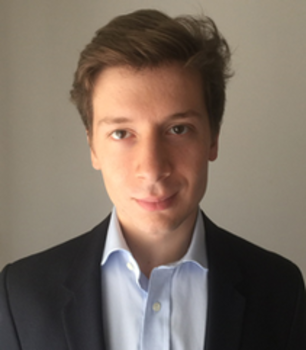Nicolas Maiarelli

This is a great program for anyone who’s interested in better understanding the forces underpinning our modern economy, and how those dynamics are changing in the 21st century
Spanning a wide range of topics, this class is perfect for anyone interested in finance, engineering, macroeconomics, public policy, and even geopolitics. Beginning with an overview of global energy markets and climate change models, the course includes an in-depth discussion of various energy sources, touching on the economic, financial, logistic, and environmental – not to mention regulatory or geopolitical – issues surrounding each one. Over the course of an intensive two weeks, you’ll understand how to think about various issues from the perspective of an investor, manager, and even regulator: How realistic are the climate goals set forth in the 2015 Paris Agreement? How do you finance the development of an oil field, and what should you do with that asset as it nears the end of its productive life? How do commodity markets work?
The seminar-style class fosters discussions and debates, allowing you to really get to know your peers, all of whom come from incredibly diverse backgrounds. The course features guest lecturers, all experts in their fields who bring an entirely different perspective to our course, and the final project – a group presentation – challenged us to apply these perspectives and lessons to real-life issues.
Having worked in the field of hydroelectric energy, this class allowed me to fill-in and expand my knowledge of the entire energy sector, exposing me to markets and economic theories fundamentally distinct from those I’d previously been exposed to prior to attending. While the Future of Energy program is tailor-made for anyone considering a career in the energy or financial sectors, it’s also a great program for anyone who’s interested in better understanding the forces underpinning our modern economy, and how those dynamics are changing in the 21st century